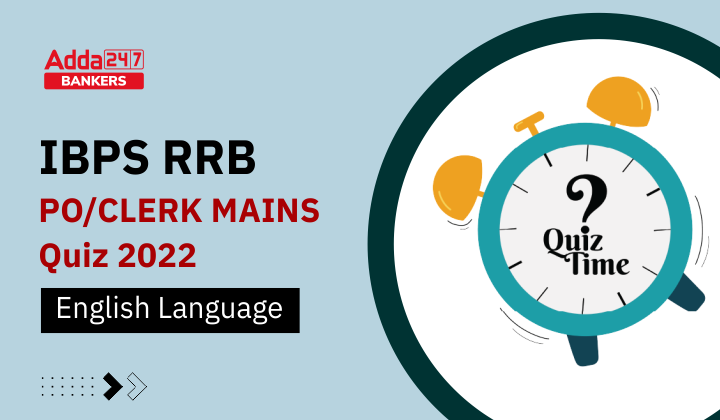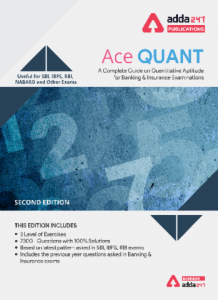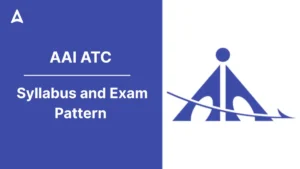Directions (1-10): In the following passage there are blanks, each of which has been numbered. These numbers are printed below the passage and against each. five word/phrases are suggested, one of which fits the blank appropriately. Find oat the appropriate word/ phrase in each case.
The economics of owning and running a Ration Shop, the familiar name for the outlets in our Public Distribution System (PDS), are such that under normal business terms, the shop-owner could never make a profit. Yet, (1) the government announces that new permits for ration shops will be given out, there is frenzy in. the market to grab one of these. (2)? The answer is obvious: the business is not for the honest and if one knows the (3), there is a fortune to be made.
What are these tricks of the trade?
Getting fake names into the user list is the most obvious option; the State seems to be (4) a losing battle against this practice, judging by the endless efforts to weed out bogus ration cards.
The next is to get the ‘right customers’ on the list, not just more customers. These are people who are registered but who do not have any interest in (5) on their entitlements. In a system where caste and income certificates are for sale, it is not (6) to ‘produce’ these documents for mutual benefit. Receipts are duly made in their names, and the rations thus ‘drawn’ are (7) off into the open market. The sale price of an item like rice makes clear the (8) economics-it costs Rs.8 in a ration shop while in the latter it is Rs.30 or above. There are also customers who would rather exchange their entitlements for hard cash at the beginning of the month.
As the degradation progresses, the shop keeper, in (9) with the official machinery, manages to withhold effectively the entitlements from even the genuine beneficiaries, and diverts them to the open market. The largeted group is usually not in a position toassert it self to get its due.
And thus, one has all the ‘(10)‘of a good PDS business.
Q1.
(a) whenever
(b) quickly
(c) just
(d) as soon
(e) time
Q2.
(a) What
(b) When
(c) Where
(d) Why
(e) How
Q3.
(a) lying
(b) people
(c) sprouting
(d) hard work
(e) ropes
Q4.
(a) attempt
(b) waging
(c) winning
(d) expecting
(e) trying
Q5.
(a) harping
(b) discussing
(c) realizing
(d) drawing
(e) giving
Q6.
(a) easy
(b) must
(c) difficult
(d) simple
(e) enough
Q7.
(a) sell
(b) borrowed
(c) donated
(d) bought
(e) siphoned
Q8.
(a) understood
(b) poor
(c) underlying
(d) mechanical
(e) unclear
Q9.
(a) meeting
(b) collusion
(c) flow
(d) show
(e) line
Q10.
(a) thing
(b) ingredients
(c) dictate
(d) component
(e) facet
Directions (11-15); Read each sentence to find out if there is any error in it. The error, if any will be in one part of the sentence. The number of that part is the answer .if there is no error, the answer is (5). (ignore errors in punctuation , if any).
Q11. 1) Israel is a highly developed agricultural economy, / 2) illustrated by its green fields and expensive infrastructure / 3) as well as by its migrant workforce / 4) that is in this sector largely from Thailand. / 5) No error
(a) 1
(b) 2
(c) 3
(d) 4
(e) 5
Q12. 1) The transformation of the Indian Constitution over the years / 2) and its flexibility in adapting / 3) to changing needs constitute an area of / 4) great interest to scholars. / 5) No error
(a) 1
(b) 2
(c) 3
(d) 4
(e) 5
Q13. 1) As she had an education of sorts she managed to land a job / 2) that fetch her some money with which / 3) she paid rent and supported her in-laws / 4) who are landless agricultural workers. / 5) No error
(a) 1
(b) 2
(c) 3
(d) 4
(e) 5
Q14. The meeting taken place (1)/ when you were (2)/ at a conference (3)/ in Delhi last month (4)/ No error (5)
(a) 1
(b) 2
(c) 3
(d) 4
(e) 5
Q15. The salesman (1)/ showed me a lot off(2)/ neckties, but I (3)/ didn’t like any of them. (4)/ No error (5)
(a) 1
(b) 2
(c) 3
(d) 4
(e) 5
Solutions
S1. Ans. (a)
S2. Ans. (d)
S3. Ans. (e)
S4. Ans. (b)
S5. Ans. (d)
S6. Ans. (c)
S7. Ans. (e)
S8. Ans. (c)
S9. Ans. (b)
S10. Ans. (b)
S11.Ans.(e)
Sol. No error
S12.Ans.(d)
Sol. Replace ‘to’ with ‘for’
S13.Ans.(b)
Sol. Replace ‘fetch’ with ‘fetched’
S14.Ans.(a)
Sol. Use ‘took’ in place of ‘taken.’ The sentence is in Simple Past Tense.
S15.Ans.(b)
Sol. Use “of” in place of “off”.





 GA Capsule for SBI Clerk Mains 2025, Dow...
GA Capsule for SBI Clerk Mains 2025, Dow...
 The Hindu Review October 2022: Download ...
The Hindu Review October 2022: Download ...
 AAI ATC Syllabus 2025 and Exam Pattern
AAI ATC Syllabus 2025 and Exam Pattern





